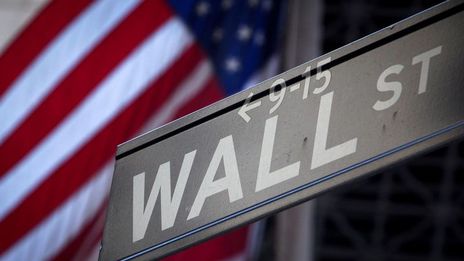SHANGHAI, July 15 (Reuters) - China stocks closed higher on Monday as hopes grew for further stimulus after the economy slowed more than expected in the second quarter amid a protracted property sector downturn and worries about jobs.
Hong Kong shares fell, however, following the weaker-than-expected data and on higher chances of Donald Trump winning U.S. elections after an attempted assassination of the former president.
Some market participants placed high hopes on a key leadership gathering in China that started on Monday.
At the close of the trade, the blue-chip CSI 300 Index gained 0.1% at 3,476.25 points, and the Shanghai Composite index was up 0.1% at 2,974.01 points.
In Hong Kong, the benchmark Hang Seng Index closed down 1.5% at 18,015.94 points.
China's economy grew 4.7% in April-June, official data showed, its slowest since the first quarter of 2023 and missing analysts' forecast of 5.1% growth in a Reuters poll.
"The disappointing second-quarter economic growth in China, which is the first set of quarterly data that is free of distortions by the pandemic, will add pressure on the Chinese government to boost confidence," Vasu Menon, managing director of investment strategy at OCBC.
China's economic growth has been uneven this year, with industrial output outstripping domestic consumption, fanning deflationary risks amid the property sector downturn and mounting local government debt.
Tech giants listed in Hong Kong slumped 2.9%, while mainland property developers plunged 2.79%.
"We wouldn't say the 5% full-year target is out of reach for now. But more support will be necessary... probably via monetary policy. There could be further short-term rate cuts," said Woei Chen Ho, economist at UOB.
With business, employment and consumer sentiment near record lows, the ongoing four-day plenum will seek to inject confidence in the economy. However, conflicting goals such as boosting growth while cutting debt may mean little progress toward implementing change.
"The market will place a high hope on the third plenum this week. Unfortunately, the structural-oriented party convention is unlikely to unveil counter-cyclical measures," said Zhaopeng Xing, senior China strategist at ANZ.
"The outlook for H2 is unfavorable to China's export-driven growth as trade protectionism grows."
The concerns on export are also elevated as the attack on Trump made his victory more likely, while it also injected a whole new level of political uncertainty into global financial markets.
"Considering that after Trump is elected, he may continue to impose tariffs on China and then create depreciation pressure on the yuan, the impact on domestic stocks, bonds and exchange rates is bearish," Zheshang Securities said in a note.
Trump's broader imposition of tariffs during his 2017-2021 presidency kicked off a tariff war with China. As a candidate this year, he has floated tariffs of 60% or higher on all Chinese goods and a 10% across-the-board tariffs on goods from all points of origin. (Reporting by Shanghai Newsroom; Editing by Janane Venkatraman and Subhranshu Sahu )


















